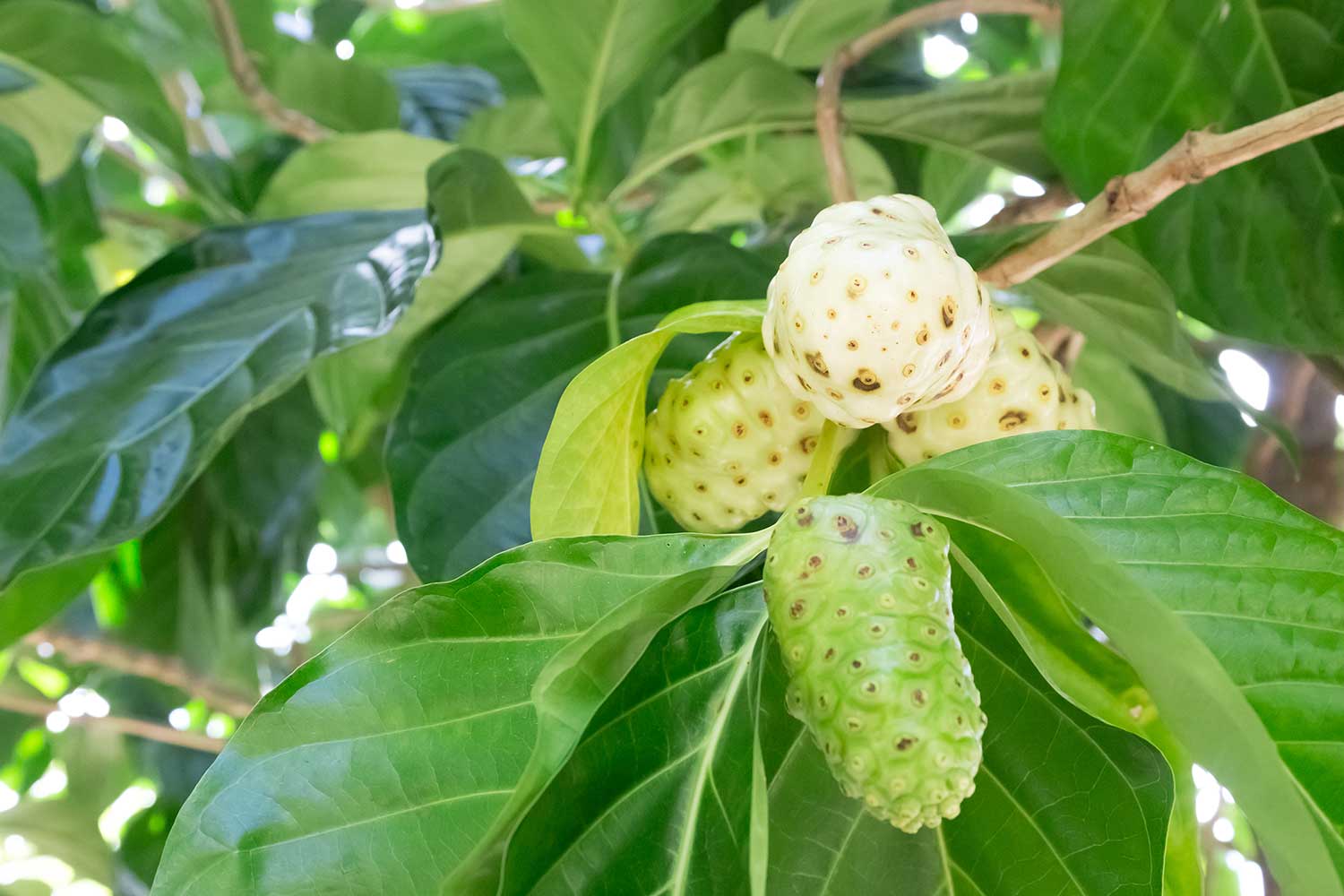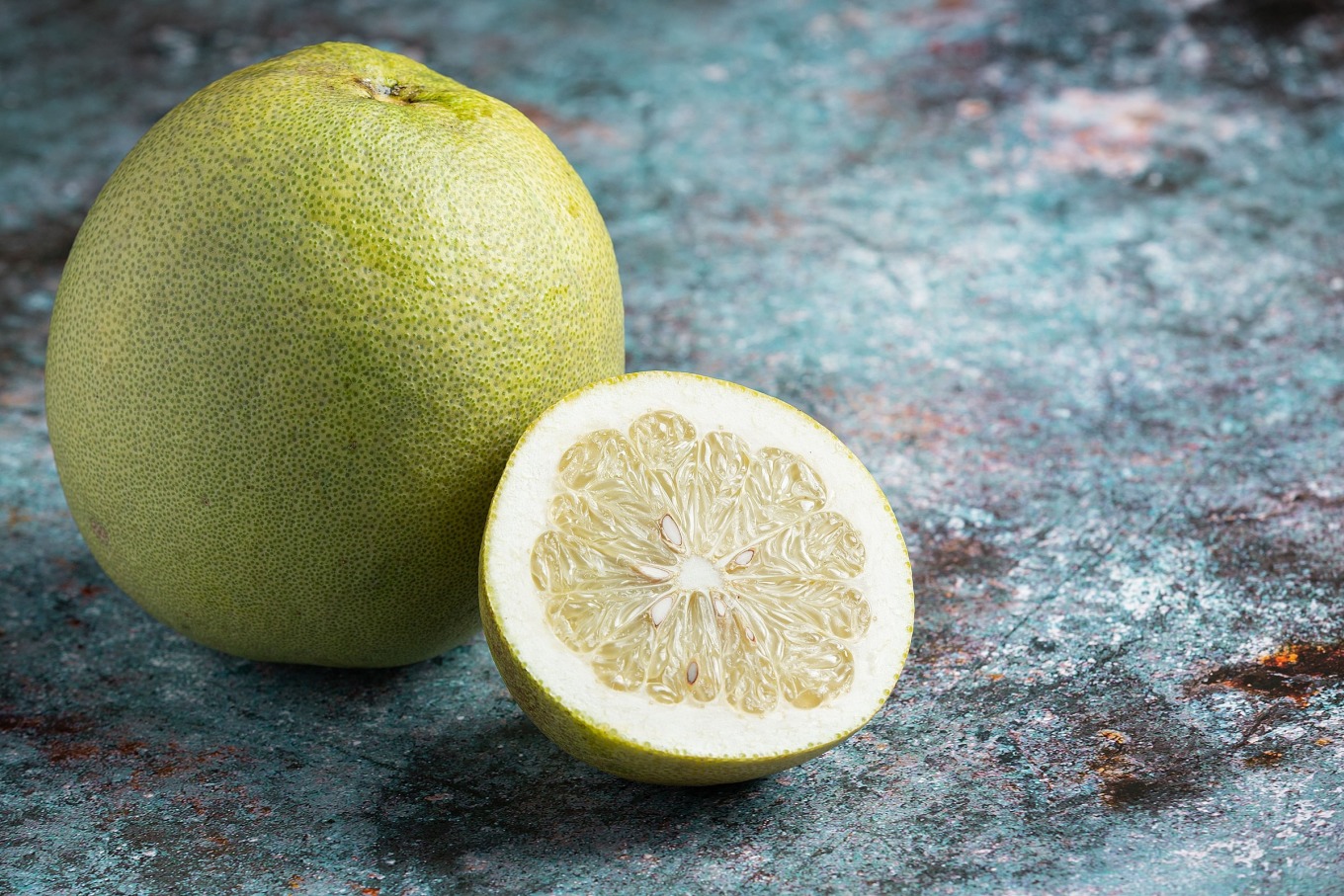What is fermented Noni juice?
Fermented Noni juice is a type of juice created through the natural fermentation process of Noni fruit. The natural fermentation process involves beneficial bacteria breaking down sugars and fibers in the fruit, producing enzymes and organic acids, resulting in a naturally fermented juice.
During the fermentation process, the Nhàu fruit is processed and allowed to undergo natural fermentation by beneficial bacteria. These bacteria break down sugars and fibers in the Nhàu fruit, creating enzymes and organic acids, which contribute to the unique properties of the fermented juice.
Fermented Noni juice typically exhibits colors and flavors characteristic of the fermentation process. The color can range from pale yellow to dark brown, depending on the specific fermentation process. The flavor of the juice often brings a balance between mild tartness and natural sweetness derived from the fermentation.
Fermented Noni juice is considered a source of nutritious and beneficial probiotics for health. It can be rich in vitamins, enzymes, and probiotics, helping to balance the gut microbiota and support the immune system.
However, the taste and individual perception of fermented Nhàu fruit juice may vary depending on the specific fermentation process and personal preferences.
Benefit of Fermented Noni juice
Noni juice is derived from the fruit of the noni tree (Morinda citrifolia), which is native to Southeast Asia and the Pacific Islands. It has been used for centuries in traditional medicine for its potential health benefits. While some people claim various advantages of consuming noni juice, it’s important to note that scientific evidence supporting these claims is limited, and the effectiveness of noni juice for specific health conditions is still under investigation. However, here are some of the potential benefits associated with noni juice:
- Antioxidant properties: Noni juice contains antioxidants such as vitamin C, vitamin E, and various phytochemicals. Antioxidants help to neutralize harmful free radicals in the body, reducing oxidative stress and potentially protecting against cellular damage.
- Anti-inflammatory effects: Some studies suggest that noni juice may have anti-inflammatory properties. Chronic inflammation is associated with various health issues, including heart disease, cancer, and autoimmune disorders. Noni juice may help reduce inflammation, although more research is needed to confirm this effect.
- Immune system support: Noni juice contains compounds that may support immune function. It is believed to stimulate the activity of white blood cells, which are crucial for fighting infections and diseases.
- Pain relief: Noni juice has traditionally been used for its potential analgesic properties. Some individuals claim that it helps relieve pain associated with conditions like arthritis, migraines, and general body pain. However, more research is necessary to validate these claims.
- Digestive health: Noni juice has been used to support digestive health, particularly in traditional medicine practices. It is believed to have mild laxative effects and may help alleviate constipation. Additionally, noni juice might possess antimicrobial properties, which could aid in maintaining a healthy gut.
It’s important to note that individual experiences with noni juice may vary, and it may interact with certain medications or have adverse effects in some individuals. Before incorporating noni juice into your diet or using it for specific health purposes, it is advisable to consult with a healthcare professional.





















